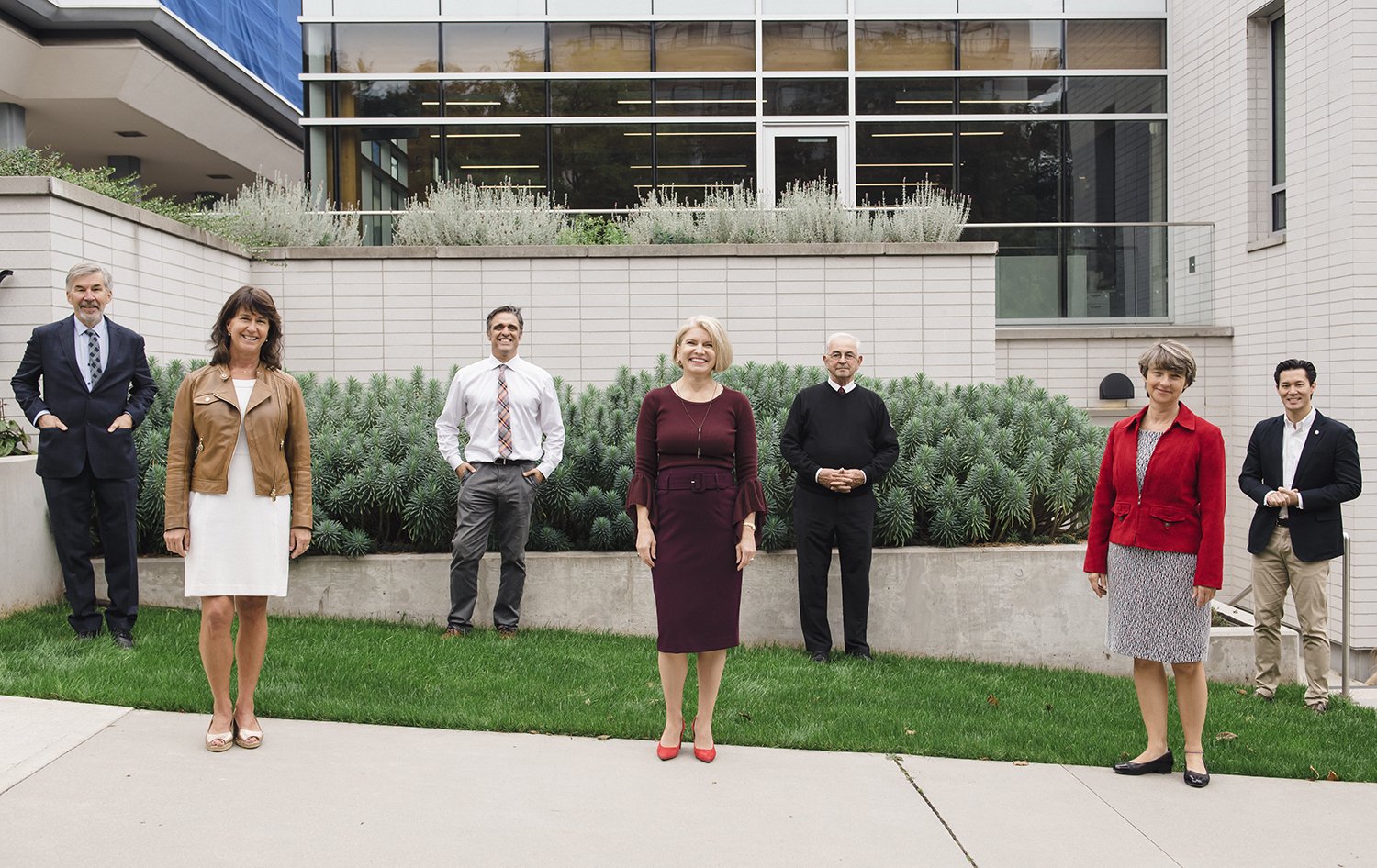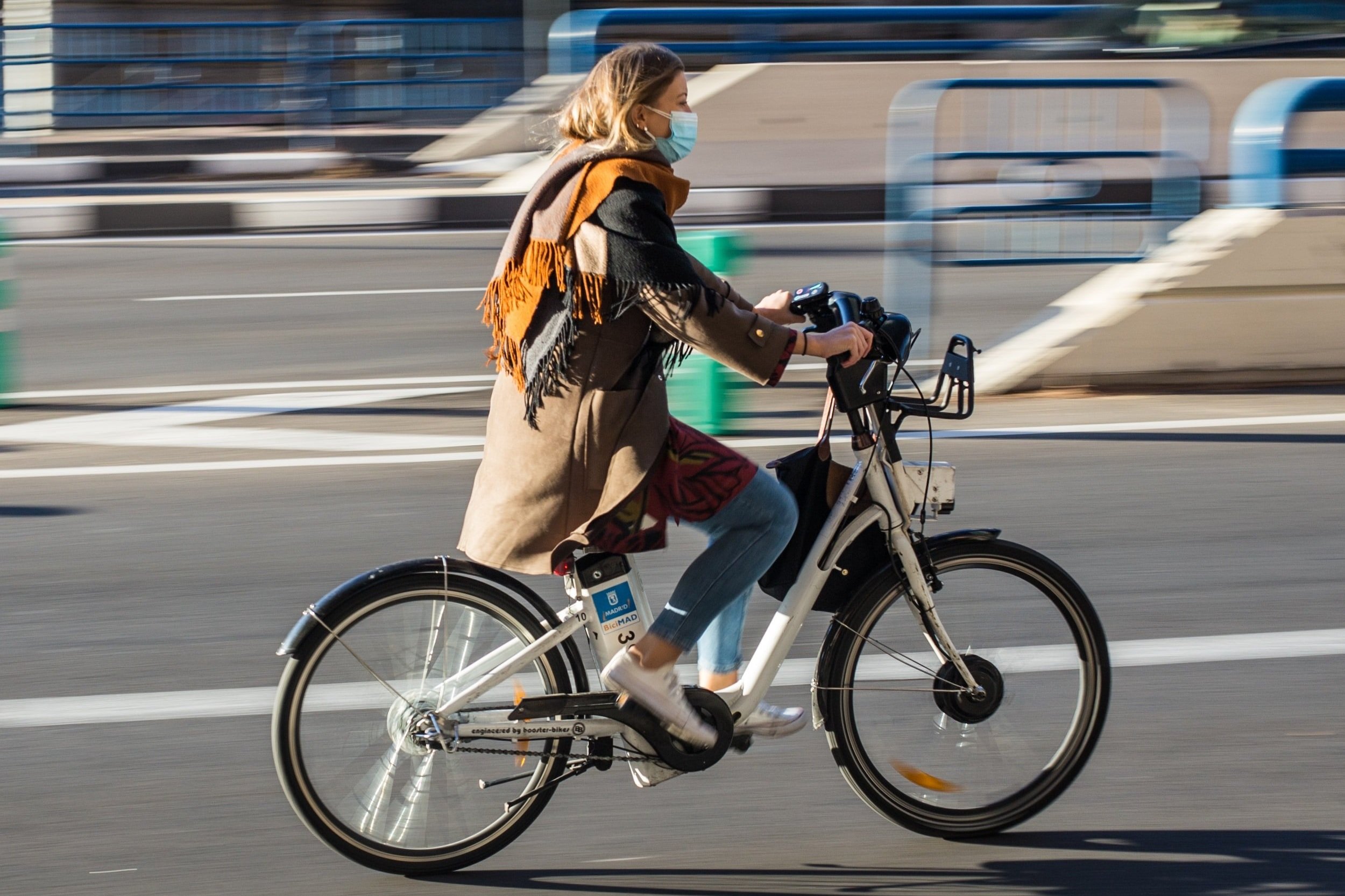How should we rate West Van’s outgoing council?
Even before the municipal election some residents complained about the performance of our council and demanded a wholesale change of guard.
How fair are those criticisms and should they determine how you vote?
One way to get some insight is to take a deep dive into the voting records of our last council, and those seeking re-election.
It doesn’t take long to find distinct patterns which can inform voters who are concerned about council decisions and the future of West Vancouver.
The votes analysed below are all on proposed policies, housing plans, budgets and amenities. Votes on bylaw infringements and procedural votes were not included.
1. Council has had many divided votes.
Some candidates in the election claim there was a failure of leadership, because there were split votes.
But all votes, including that of the mayor, have equal weight and we would hope that members of council carefully consider each decision and vote independently.
In fact we can see that the negative votes are overwhelmingly on one side, suggesting a council divided along partisan lines.
Council votes grouped thematically (excluding unanimous votes)
2. So how bad was it?
Not good. Take the length of council meetings. The CBC’s Justin McElroy produced an analysis of the number of regular council meetings going over four hours (2021-2022).
Although the main takeaway is the utter “mess” in Vancouver, it’s worth looking at West Vancouver too, the (joint) 3rd worst municipality, at 14 sessions:
Like Vancouver and Port Moody, West Vancouver has effectively had a “minority council” where no group has the balance of power. But if councillors supported democratically agreed agendas, and worked together things might have been very different.
3. The majority view prevails, no?
One way to get everyone on board is to develop a framework which provides a clear set of priorities for staff to develop policies and plans.
The council’s strategic plan - developed by all seven members over several months in 2021 - was approved in a split vote, with Sharon Thompson and Marcus Wong voting against it. Peter Lambur was absent.
But it could be argued that the principle of collective responsibility should have applied. That’s the convention in board governance that once a decision has been agreed and voted on, members must come together to support the plan.
Unfortunately that did not happen, and the partisan voting patterns continued.
4. What’s wrong with voting “no” all the time?
It’s hard when looking at the US Senate or Parliament in Ottawa, or many other legislatures, not to conclude that there’s a lot of grandstanding, and opposition for purely political reasons.
Looking at the votes cast by Councillors Lambur, Thompson, Wong, and even Soprovich, there’s a lot of red.
Those votes come after staff develop plans; perhaps engage the public; consult mayor and councillors; refine the plans; write reports; and present them to council. All told it’s a huge amount of staff time.
At the very least that’s a very inefficient way to deploy your staff.
And who’s the councillor who loves to say “no” the most?
Sharon Thompson has opposed more than 50 significant council votes over the last 4 years.
(Votes as per table above - excluding bylaw infringements, procedural and unanimous votes.)
5. Servants of the People, or of Council?
District staff were asked by council to develop the strategic plan, and despite the negative votes, it passed.
Staff were also directed to work on two new measures: a code of conduct for members of the council, which in common with many other municipalities was developing its first such document.
The other was the Respectful Communications Bylaw - tackling inappropriate and sometimes abusive behaviour from the public directed at staff.
While district facilities, such as the community centres, can ban visitors who are abusive or use threatening language, there’s no equivalent action available in response to offensive written or verbal communications delivered electronically or via telephone.
Both pieces of legislation required complex legal groundwork, and so considerable staff time.
Surprisingly perhaps, given the optics, both proposed bylaws were rejected by four councillors: Lambur, Soprovich, Thompson & Wong.
While critics warned of “muzzling free speech” Mayor Booth lamented the message staff would receive from council: that “you’re on your own, (we) don’t support you’.”
6. What’s so great about voting “yes” all the time, anyway?
Some candidates - and local groups - complain that staff are ineffective, and proposed projects are “poorly conceived”. But these accusations are unfair.
Everything brought before Council is required to be vetted meticulously by staff against the Community Charter, the Official Community Plan, the strategic plan and all other existing policies, before recommendations are provided.
Often the criticism is based on poor understanding of policies or practices that are new, and gaining traction elsewhere.
Take the recent e-bike incentive pilot scheme. West Van’s pilot, in conjunction with other North Shore municipalities, follows successful schemes elsewhere. Canada joins a number of European countries - Sweden, Norway, Austria, France, Germany, Italy, Luxembourg, and Scotland - in introducing e-bike subsidies.
Municipalities across BC are struggling to fill vacant positions for experienced professionals, and public attacks are unhelpful. Our staff are public servants, and as such are expected to remain politically neutral, and bite their tongues.
Senior staff propose and implement policy, and manage operations with a diverse workforce including specialists with many skills.
Elected councillors are responsible for governance; approving policies and budgets, and setting strategic direction. Of course they must ask questions and if there are shortcomings proposals should go back to the drawing board.
Councillors who say they are reluctant to “rubber-stamp” proposals may just be determined to keep fighting battles that they lost previously. But relitigating existing policy - whether it’s the Official Community Plan, or the latest strategic plan - is no way to serve our community.
And by the way, no-one - not even the mayor - has voted yes to everything.
Don’t forget to vote - election day is Saturday 15th October. More info here.







